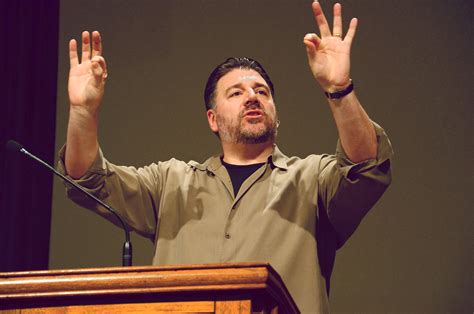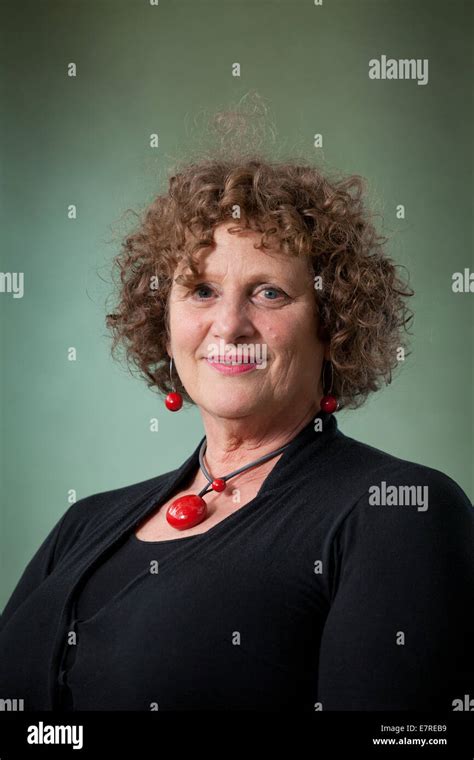Цитата Софии Кинтеро
Мы работаем с подростками. Классы средней школы. Это ключевой момент в литературной истории молодого человека. Это время, когда они все еще открыты для чтения, но есть и другие вещи, которые начинают их интересовать и которые могут отвлечь их от читательских привычек. Это критическое время, чтобы закрепить привычку к чтению, но в то же время это не попытка заставить их читать в первую очередь.
Темы цитат
Критическое
Первое
Первое Место
Получить
Оценки
Привычки
История
Интерес
Ключевые
Литературные Ключи
Сделать
Средняя
Средняя
Школа
Открыть
Другой
Человек
Место
Тянуть Тянуть
Читать
Привычки к чтению
В одно и
то же время
В школе
Старт
Палка
Еще
Зубы
Их
Вещи
Время
Пробовать Подростки Работа
Молодой
Молодой человек
Связанные цитаты
Мы обязаны читать вслух нашим детям. Читать им то, что им нравится. Читать им сказки мы уже устали. Делать голоса, чтобы было интересно, а не переставать читать им только потому, что они учатся читать про себя. Используйте время чтения вслух как время для общения, как время, когда телефоны не проверяют, когда отвлекающие факторы мира отложены в сторону.
Большая противоположность чтению заключается в том, что я позволяю заполнить свое время вместо чтения. Сказать, что у нас нет времени читать, не совсем верно; мы просто решили использовать наше время для других дел или позволили заполнить наше время, исключив чтение. Так что не добавляйте чтение в свой список дел. Просто перестаньте делать то, что вам мешает. Но читать.
Я твердо верю в писательские привычки... Возможно, вы сможете обойтись без них, если у вас есть гений, но у большинства из нас есть только талант, и это просто то, что нужно постоянно поддерживать физическими и умственными способностями. привычки, иначе она засохнет и улетит. Конечно, вы должны привести свои привычки в соответствие с тем, что вы можете сделать. Я пишу только около двух часов в день, потому что это вся моя энергия, но я не позволяю ничему мешать этим двум часам в одно и то же время и в одном и том же месте.
Я всегда был читателем; Я читал на всех этапах своей жизни, и никогда не было времени, когда чтение не было бы моей величайшей радостью. И все же я не могу утверждать, что чтение, которое я читал во взрослом возрасте, соответствует по своему воздействию на мою душу чтению, которое я читал в детстве. Я до сих пор верю в истории. Я все еще забываю себя, когда читаю хорошую книгу. Но это не то же самое.
Я был читателем. Я любил читать. Чтение вещей доставляло мне удовольствие. Я хорошо учился по большинству школьных предметов не потому, что у меня были к ним какие-то особые способности, а потому, что обычно в первый день в школе раздавали учебники, и я их читал, а это значило, что я я знаю, что будет дальше, потому что я читал это.
Я признаю, что мое время чтения ограничено, потому что я могу писать в ситуациях и местах, где люди обычно читают. Но чтение — это топливо, оно вдохновляет, поэтому я стараюсь держать бак полным. Что происходит большую часть времени, так это то, что я запоем читаю. Я отложу день или два, чтобы ничего не делать, кроме как читать.
У меня есть библиотека с четырьмя столами. На одном из них спецификация, на одном настоящая работа, на одном чтение для будущей работы, на другом столе роман, которым я не буду заниматься до ста пятидесяти лет, и прочее. как это. Но, по контракту, вы просто делаете по одному, когда он включен, оплачивается и живёт. Вы посвящаете свой настоящий день одному проекту, а остальное — просто литературная жизнь. Или вторжения.
Просто читая это - просто читая, что человек может быть черным и все еще выступать в блэкфейсе, высмеивая чернокожих, зарабатывая на жизнь, и в то же время быть гением и быть невероятным артистом, и в то же время быть чрезвычайно противоречивым и чувствовать себя как - просто чувствую себя ужасно из-за того, что сделал это, по сути, то, что чувствовал Берт Уильямс, из того, что я понял, из того, что я прочитал - все, что только что было сделано - было настолько невероятным для меня.
Но, в конце концов, книги, которые меня окружают, — это книги, которые сделали меня благодаря чтению (и неправильному чтению) их; они падают кучками на мой стол, они складываются позади меня на полках, они удивляют меня каждый раз, когда я ищу одну и нахожу еще десять, о которых я забыл. Мне нравятся их обложки, их вес и содержание. И как ребенок, которым я был, с ключом к миру, который дало мне чтение, мне все еще интересно найти новую книгу, открыть ее на первой странице и погрузиться в нее, головой вперед, сердцем.































